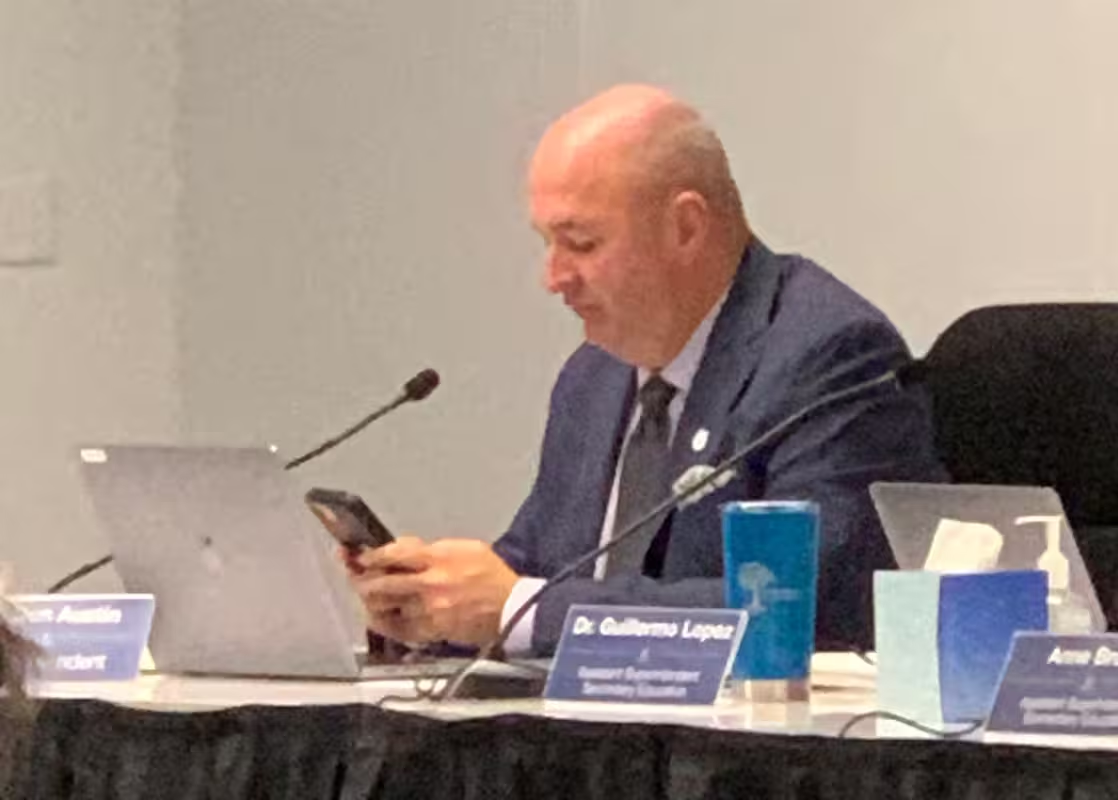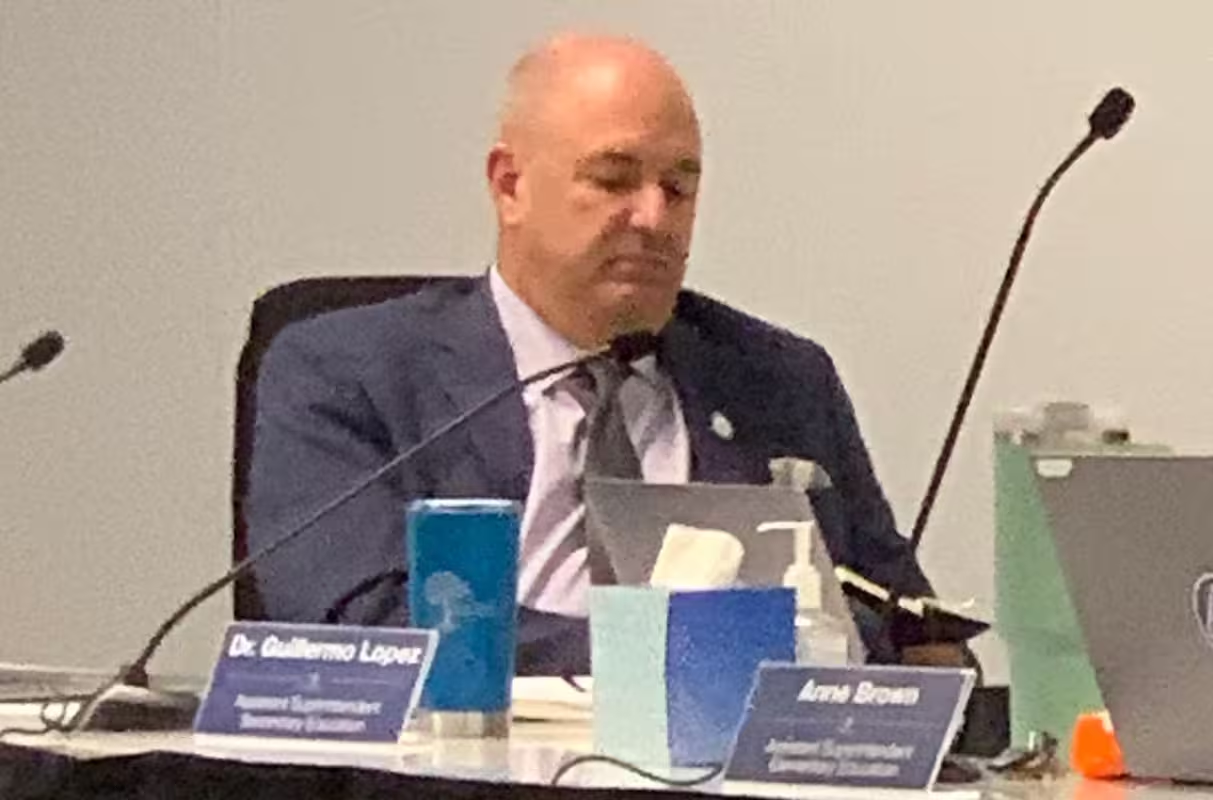Broken Promises: How PAUSD's MVC Treatment Betrays Students
A detailed account of how PAUSD’s inimical decision to cancel Multivariable Calculus has impacted students and betrayed their trust in the district’s leadership.
MVC
This article outlines the story of Multivariable Calculus (MVC) in the Palo Alto Unified School District (PAUSD) from 2022 to 2024, and how, at nearly every turn, people in charge of providing the best outcomes for students have misrepresented data and used false justifications to disadvantage PAUSD high school students.
In the 2023-24 school year, MVC was offered as an after-school concurrent enrollment (credit earned is for college; if you pass, you will get math credit for high school but it won’t count in your GPA) class — which sounds great, but it meant Palo Alto High School (PAHS, or, colloquially, Paly) students had to wait an hour after school (meaning they couldn’t participate in any after-school clubs or sports), and Henry M. Gunn High School (shortened to Gunn) students had to commute to PAHS (meaning that they couldn’t do after-school activities either). Not only that, but there were about 50 students taking MVC that year… in a classroom designed for 30, with one teacher. Of my three friends who took the class, one brought a camping chair to school, and the other two were forced to sit on the floor. In a school where, in a one-mile radius the average income is nearly 10 times the national average, students looking to take advanced mathematics didn't have a chair to sit in.
To me, this math isn’t mathing.
In math department steering notes, it is repeatedly claimed that MVC will hopefully be offered again:
- On 2/26/2023 the committee writes, "MVC expected to be offered at the same time (after school) at high school next year. It could be offered at both high schools if there are enough sign-ups and Foothill has enough staffing. Students sign up through Foothill."
- On 10/2/2023, "Both high schools surveyed students as to which courses they wanted and MVC was popular. No consensus amongst students over when the class should be given. Discussion of other MVC options going forward."
There have been no more mentions of MVC by the steering committee through the most recent one, on 5/20/24.
A superintendent’s update and a letter from Foothill suggest that MVC would be offered in 2023 and expanded upon in later years:
Everyone has the best interest of students at the forefront... PAUSD does not offer a UC-approved MVC class and relies on Foothill College for its provision. Our efforts to expand opportunities in the area of dual enrollment are part of the proposed 2023-2024 PAUSD Promise.
Foothill College has committed to offering this sequence of courses in person, with one of our math instructors, after the conclusion of the school day... We will continue to provide dual enrollment instruction through our AB 288 agreement with PAUSD, which is a growing and fruitful agreement, and we will continue to look for ways to expand our presence with dual enrollment classes with PAUSD, where it meets both the educational mission of Foothill College and the educational mission and needs of PAUSD students and faculty.
(emphasis mine)
Then PAUSD cancelled MVC.
Despite promising in 2023 that MVC would continue to be offered, and
despite the protest of nearly 400 students, PAUSD stopped offering
MVC on its campuses. This went against nearly a century of
collaboration between PAUSD and Foothill. In October of 2023, 300
PAUSD high school students signed a petition asking for MVC. Dozens
of those appeared at a board meeting where they outlined problems,
causes, and solution (read the speech). Unsurprisingly, I was one of the speakers. Here’s Don Austin,
the PAUSD superintendent, during the students’ speeches:


I’m sure the book was interesting, but it’s incredible to me that this man can go on to claim that he “listens to the students.” I encourage everyone to read the open letter, but here are the most important parts:
This issue goes beyond multivariable calculus, beyond skip tests, beyond math in general. At the root of this issue is the District’s unwillingness to listen to its students, and its presumption that, in the face of reasonable evidence, it knows what is better for the students than the students themselves. As we have repeatedly demonstrated before, we have tried to speak out many times. Dr. Austin has claimed that “engaging with students—it is a trap”, and other voices on the Board have made similar claims. They have repeatedly ignored our statements about being uninfluenced by parents and have stereotyped us as college-chasers, when in reality we are fueled by the simple desire to learn more about the wonderful field of mathematics.
(Nathan Ye)
In addition, the district’s tactics are dishonest and duplicitous. They have misrepresented data to further their claims, like Don Austin releasing a statement that, according to a survey, “more than 65 percent (161 students) of those who challenged a math course by examination were successful,” despite the fact that at least 139 of the 161 students could not have challenged their course based on their math class. In addition, in the same survey, 42% of respondents indicated that they were either “somewhat likely” or “extremely likely” to take a class beyond AP Calculus BC in high school if they could, and yet they ignored the data to paint Multivariable Calculus as a low-demand course.
(Satvik Sivaraman)
Going into the 2024-25 school year, there are nearly 30 students
without a math class who were planning to take MVC. The district has
repeatedly claimed that not offering MVC in no way negatively
affects students: there are plenty of community colleges that offer
MVC, and PAUSD has no need to offer a class anyways. This is true.
There are, in a 20-minute drive, about 8 community colleges.
However, high school students are the lowest priority, and there are
barely any online class section seats open. The day before
Foothill's (the "suggested" community college, and the closest)
registration opened to high schoolers, there was one (1) seat
available in the online section.
Here's a summary of available class sections about two weeks before
the start of the term:
- Foothill College: 6 MVC classes, all full except for two: one online (with one open seat), one in-person during school hours. The professor of the in-person class said recording lectures wasn't possible.
- De Anza (a college affiliated with Foothill): 9 sections, 8 full. The only open section was MVC Honors, again during school hours, and again without the possibility of recorded lectures.
- Mission College: 2 sections, both full.
- Skyline College: 7 sections, 2 open, with both during school and with an attendance requirement.
- CC San Fransisco: 4 sections, all full.
Having experienced this, I find it hard to buy that not offering MVC at PAUSD doesn't hurt students.
To me, it's incredibly illuminating that students in one of the best-funded school districts in the world need to consider dropping one of their school classes to take advanced math — even worse, is that they need to email professors asking for recorded lectures. And, it's hypocritical to say that MVC can't be offered under CCAP (a dual-enrollment agreement between a school and a college), when 6 districts in close proximity offer MVC under CCAP. More can be found in the open letter.
Students have taken every measure to have their voices heard: from board meetings, to articles in the school newspaper; from blog posts like this one, to directly talking with math teachers (many of whom support MVC!). Nevertheless, the district has, time and time again, acted against the best interests of students. In a Public Records Act request, an email was found where a former instructional lead said that they strongly believe in removing skipping in all forms below calculus, even saying that one of the positive consequences would be that “multivariable dies”.
I can complain all I want, but the voices of students have repeatedly fallen on deaf ears. If you support students, I ask of you to do something that can truly change lives: use your vote. Do your research, and vote for candidates that will listen to students. I tend to stay apolitical, but I won’t stop myself from saying that you can change a PAUSD child’s life by voting.
I leave you with one last quote, also from the open letter:
This issue is important to all students, not just “nerds” or “math kids”. At the core of this issue is student voice, the idea that students should have a say in how the district runs. We are the most directly affected by the policies of the district... For any course offered, there will be students in it who are failing. The fear of having to implement strong support structures for those students should not be an excuse for not offering the course. That helps no one. We believe that if there is sufficient student support for a course, the district should try to accommodate the students who wish to sign up for it, even if it means having difficult conversations.
(Ishan Joshi)